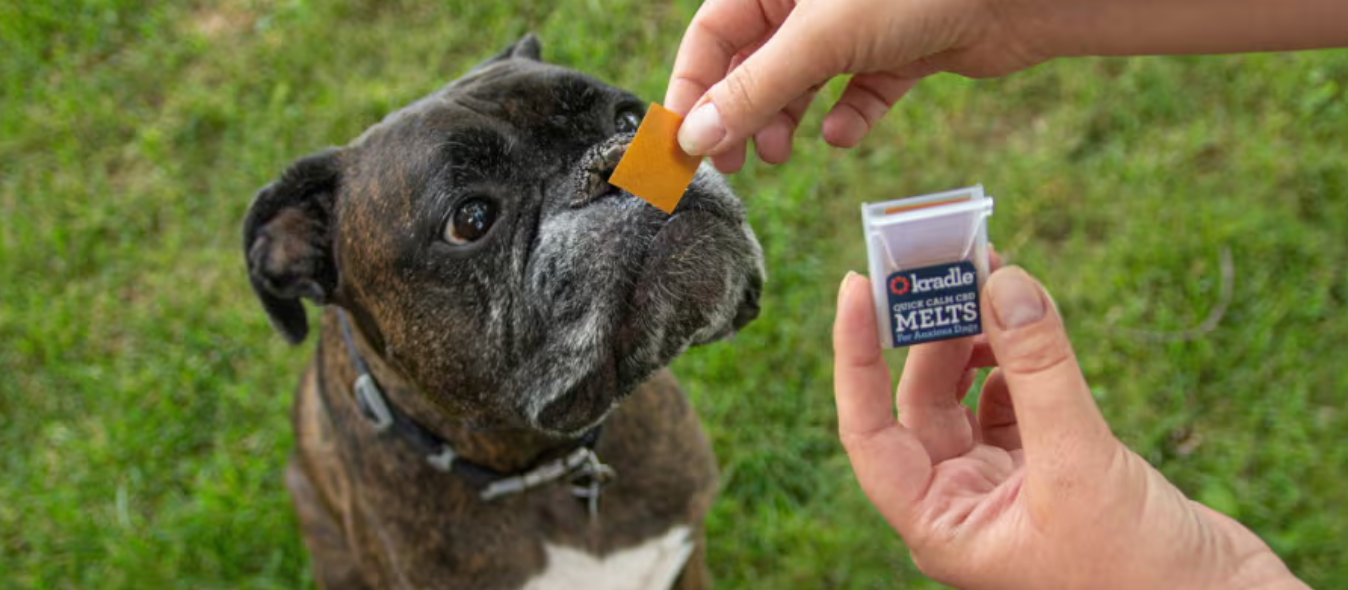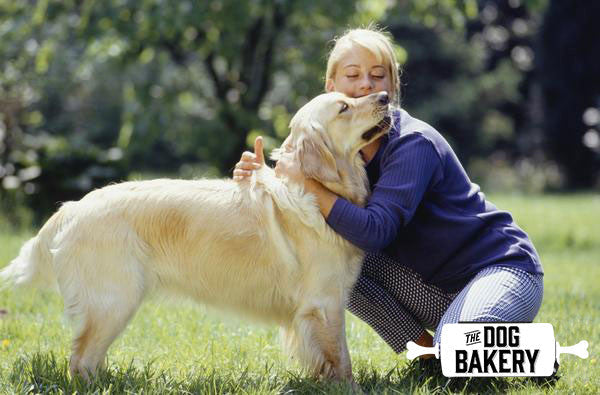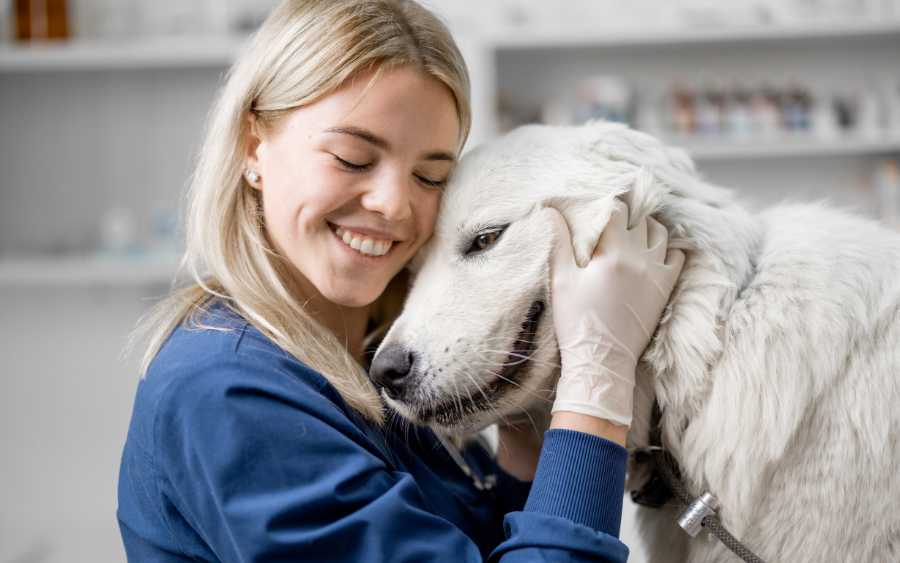Are you noticing signs of unease or anxiety in your dog? It can truly be heart-wrenching to watch your beloved pet struggle with anxiety. However, it's important to remember that you're not alone in this scenario, and there are plenty of strategies for managing your dog's stress.
10 Ways to Help a Dog Who Suffers From Anxiety
From understanding their triggers to considering professional training, the practical tips and techniques in this guide will help you ease your dog's anxiety and improve their wellbeing.

1. Understand Your Dog's Triggers
Each dog is different and has unique triggers that can cause anxiety. For instance, maybe it's loud noises from fireworks, a certain type of person, unfamiliar locations, or being home alone. Be sure to familiarize yourself with these triggers to minimize unnecessary stress for your pet.
2. Provide Plenty Of Exercise
Engaging your pup in regular exercise helps release pent-up energy and reduces stress levels. Long walks, strenuous games, or even a quick run around the park can greatly contribute to their mental wellbeing. Make sure your pet gets an ample amount of exercise each day.
3. Try Aromatherapy

Consider trying aromatherapy to assist in managing your dog's anxiety. Just as certain scents can relax humans, they can also have a calming effect on dogs. Using pet-safe, calming essential oils in a diffuser can produce a soothing ambiance that helps alleviate stress.
4. Use CBD Products
When other methods don't seem effective, you might consider trying CBD products. They have shown promise in reducing symptoms of anxiety in pets. Be sure to consult with your vet and refer to a reputable dog CBD product guide before you start using CBD in your dog’s diet.
5. Invest in Anxiety Wraps or Vests
Anxiety wraps or vests could be an effective tool for managing anxiety. These special pieces of clothing apply gentle pressure on a dog's body, similar to a comforting hug. Many dogs find this pressure soothing, and it can significantly reduce their anxiety levels during stressful situations.
6. Consider Professional Training
Sometimes, the best course of action for an anxious dog is professional training. Handlers who specialize in canine behavior can work closely with your pet, teaching them ways to cope. They can provide tailored solutions that manage symptoms and address underlying causes of anxiety.
7. Offer A Safe Space
Designating a safe, comforting space at home for your dog can provide them with a haven when they're feeling anxious. This could be a special bed, crate, or a specific room. Fill it with their favorite toys and blankets. It's important that this place offers solitude whenever they need it.
8. Implement Calming Music Therapy
Just as certain melodies can relax humans, soothing tunes can have a similar impact on dogs and other pets. Playing calming music can create a peaceful environment and decrease anxiety, especially during stressful moments like thunderstorms or when alone at home.
9. Keep Your Home Environment Consistent
Abrupt changes can be stressful for dogs and other pets, stimulating fear and uncertainty. If you maintain predictable routines, keep their surroundings relatively unchanging, and avoid abrupt adjustments, you'll contribute significantly to reducing your pet's anxiety levels.
10. Seek Veterinary Help
Don't hesitate to seek veterinary help when managing your dog's anxiety. Veterinarians are professionals with extensive knowledge of pet health. They can provide a proper diagnosis and offer varied treatment plans that could include medication or therapeutic interventions.
In Conclusion…
Now that we've covered a range of tips and techniques to manage your dog's anxiety, it's time for you to take a compassionate step forward for their health. Remember, with a little patience and understanding, you can make a world of difference in the life of your furry friend.






